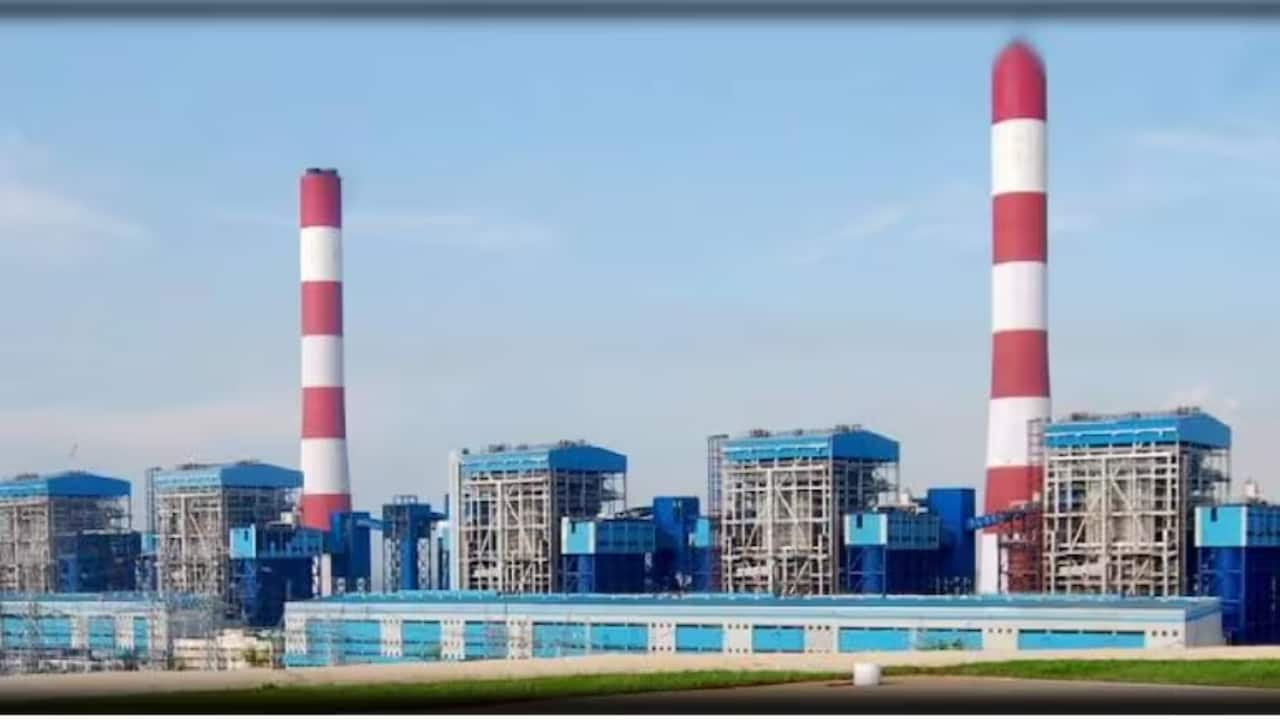GEORGE TOWN: The manufacturing and export sectors in Penang are bracing for significant challenges following the recent imposition of a 24 percent tariff on exports to the United States.According to InvestPenang, industry players, particularly export-oriented companies and their suppliers, are urgently reviewing strategies to mitigate the impact on their operations, profitability, and workforce.The state government's principal agency for the promotion of investment also said export-oriented companies are rapidly reassessing their business strategies.
"Malaysian Automated Test Equipment (ATE) companies that export to the US are actively evaluating the feasibility of establishing final module assembly lines within the US to circumvent the steep tariff increase and maintain market access," it said in a statement today.InvestPenang added that multinational corporations (MNCs) with existing operations in Mexico were currently considering production shifts to Mexico. The US-Mexico-Canada Agreement (USMCA), which allows tariff-free status on compliant goods, has positioned Mexico as a key player in the evolving trade environment.

It said non-compliant goods currently faced 25 per cent tariff but this was expected to fall to 12 per cent if the existing fentanyl/migration IEEPA orders are terminated. InvestPenang said there was mounting concern over the potential dumping of excess inventory from neighbouring countries into Malaysia's domestic market, which could undercut local manufacturers, particularly SMEs, and distort market prices. "Industry leaders warn of rising inflationary pressures, potential contraction in manufacturing activity, and job losses in the near term if the tariff issue is not promptly addressed.
"The 24 per cent tariff sends a negative signal to prospective investors, who may now perceive Malaysia as a less competitive export base to the US compared to countries with preferential trade terms. "This may reduce Malaysia's attractiveness for future Foreign Direct Investment (FDI), particularly in high-value manufacturing sectors," it said.© New Straits Times Press (M) Bhd.
Top

Penang industry urges action over US 24pct tariff, impact on exporters and economy

GEORGE TOWN: The manufacturing and export sectors in Penang are bracing for significant challenges following the recent imposition of a 24 percent tariff on exports to the United States.











